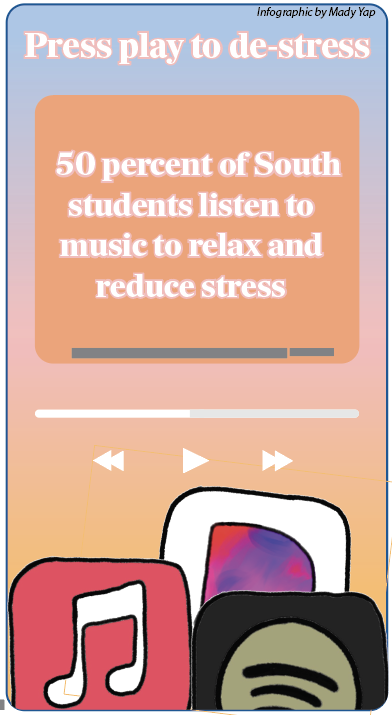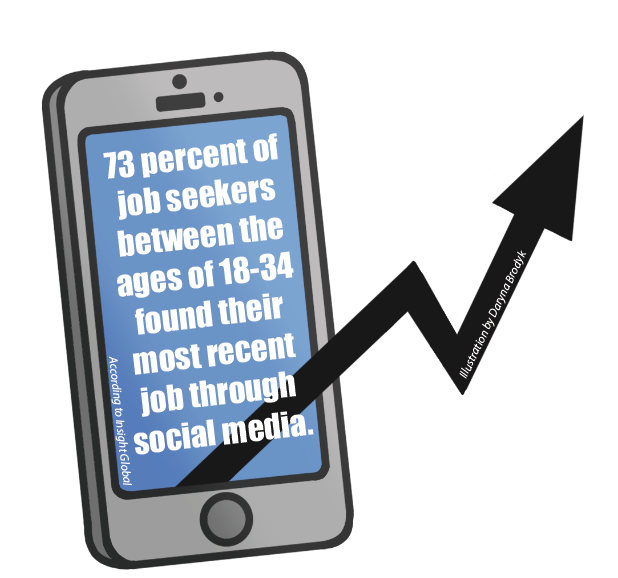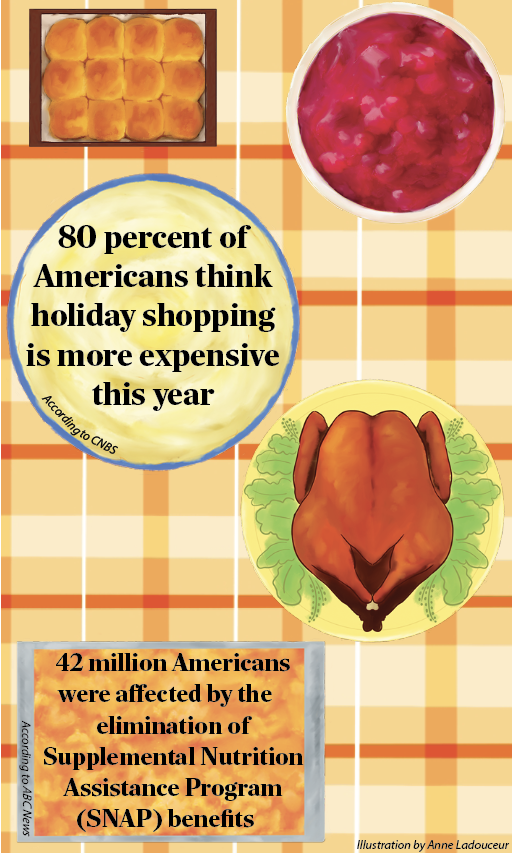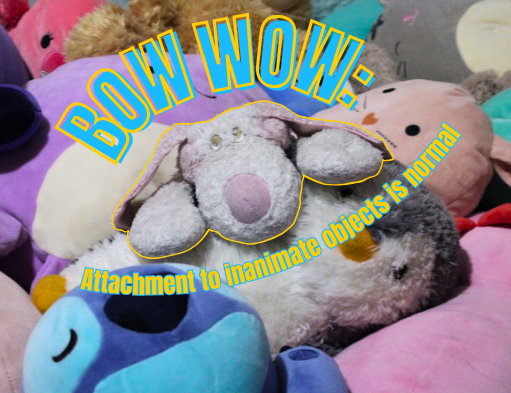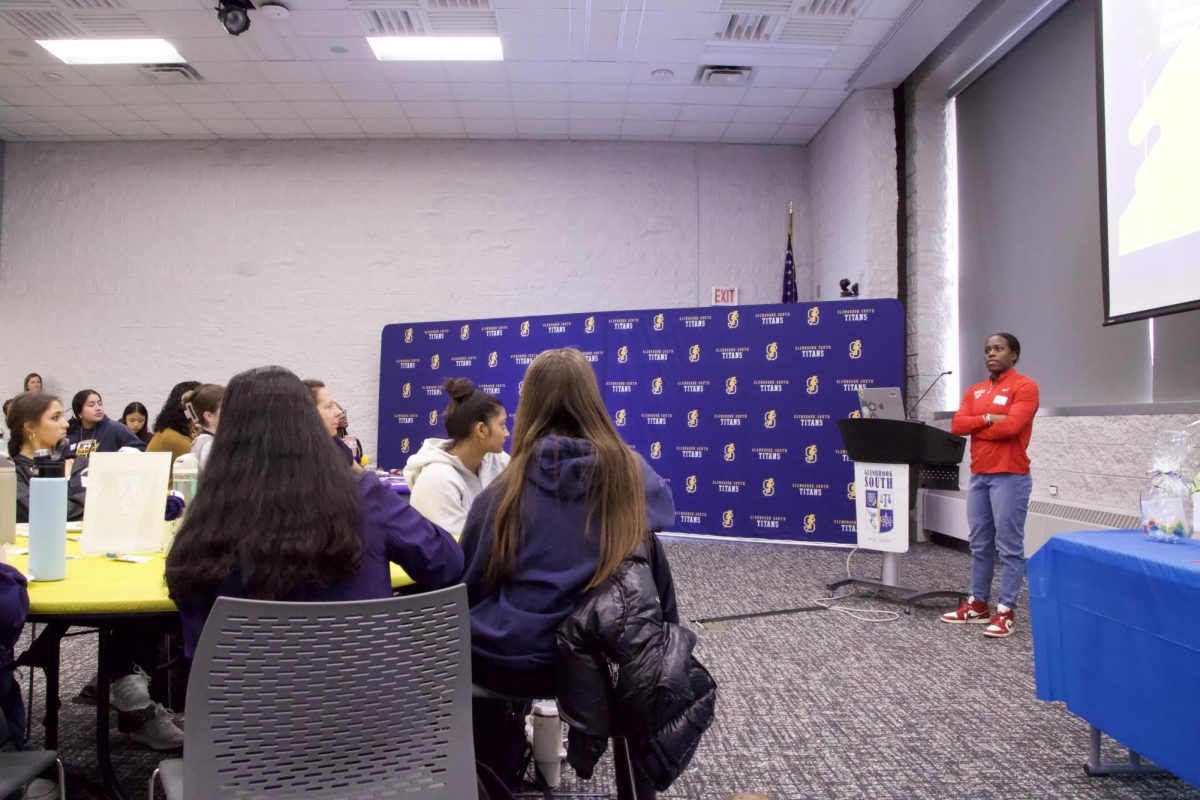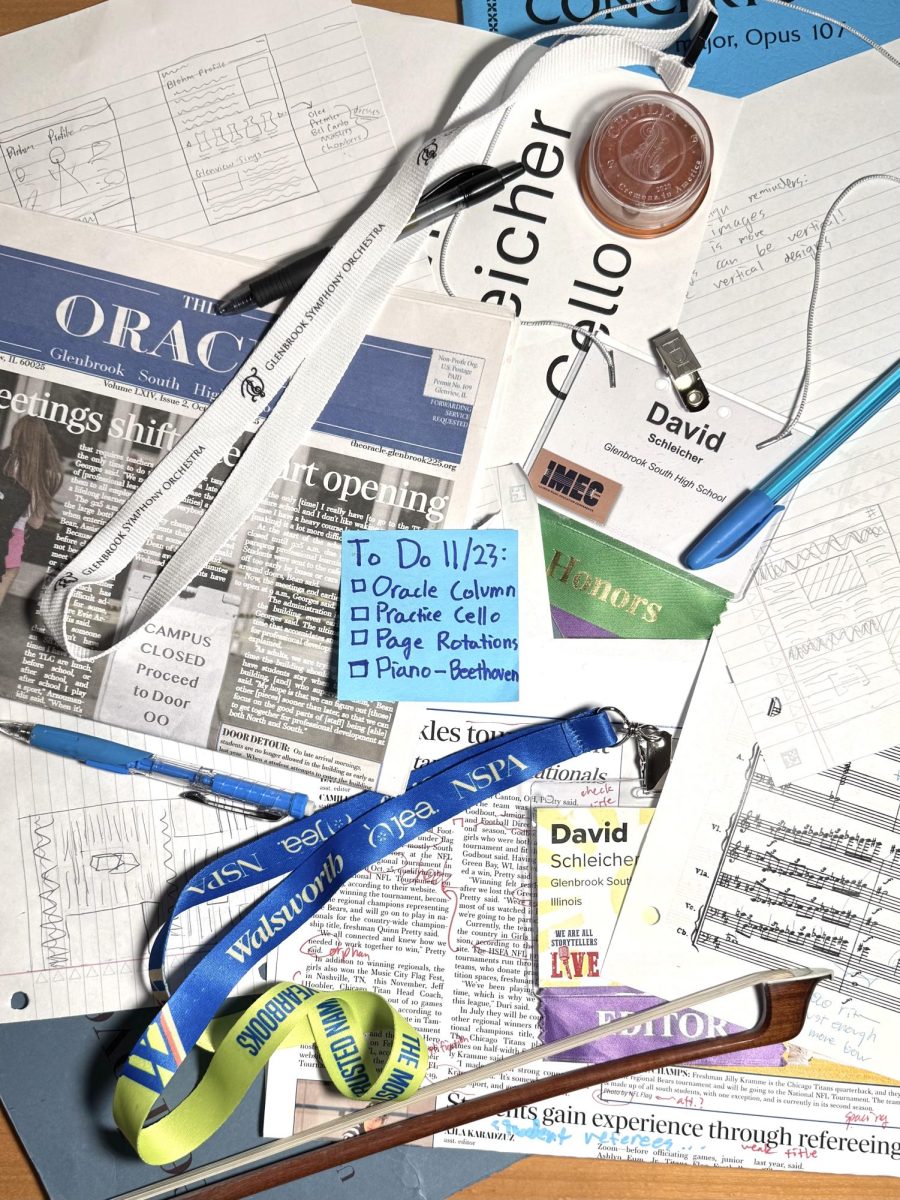For a while now, I’ve thought of myself as a social media addict. When I wake up in the morning, the first thing I do is roll over, grab my phone and check what I’ve missed over the previous eight hours. Anytime a class ends early or I have to walk to my car alone, I pull out my digital companion and pray for a new notification.
I’ve even become worried lately that my connection to social media is too all-consuming. As a result, I decided to spend a school week without using any social media applications. Ultimately, I found a new appreciation for living in the present moment and built a comfortable buffer between myself and the artificial world of social media.
My obsessions are with Facebook, Instagram and Snapchat. Although I don’t post on these applications very often myself, I constantly check for other peoples’ posts. I became worried that I was becoming too dependent on being constantly stimulated.
According to WebMD, computer technologies can be “addictive” because they’re psychoactive. This means that they can affect mood positively and encourage reward-seeking behaviors, such as constantly checking email in the hopes of a new message arriving or scrolling through Facebook, waiting for another notification. In my case, I worried these habits were keeping me from being present in my life and the world around me.
The first few days were spent confronting the habit head-on. I felt constant urges to check for a new Snapchat, but instead, forced myself to sit with the feeling and find another (and often far more productive) distraction. Or, even better, I found myself available to converse with others around me who were also forgoing time on their phones.
By the third day, which happened to be the first day of Thanksgiving break and a chance to sleep in, I felt little desire to be on social media. Instead of checking my phone first thing in the morning, I laid in bed and let my mind wander.
What I appreciated most about my excuse to stay off of social media was reconnecting with reality. Instead of going on Facebook or Instagram and seeing all the great times my peers were having (whether the fun was real or fabricated for the photo), I was forced to focus on where I was and what I was doing. Instead of feeling jealous and inadequate, as can often be the effect of social media, I developed a greater appreciation for the people I was with.
Now, I’m not going to lie–come Saturday morning, I sat down and scrolled through about three days worth of Instagram posts. Seeing into other peoples’ lives through social media is addictive, but that’s not necessarily bad. We’re naturally social creatures, but when our reality can so easily become entwined with something so artificial, it’s important to set boundaries.
As I integrate my new understanding of social media into my normal life again, I’ve learned that it’s best to limit, but not eliminate. Nearly everything is okay in moderation. Before you pull out your phone to take a Snapchat the next time you and your friends are hanging out, I encourage you to ask yourself if your time on your device is driving you away from those exact people.



